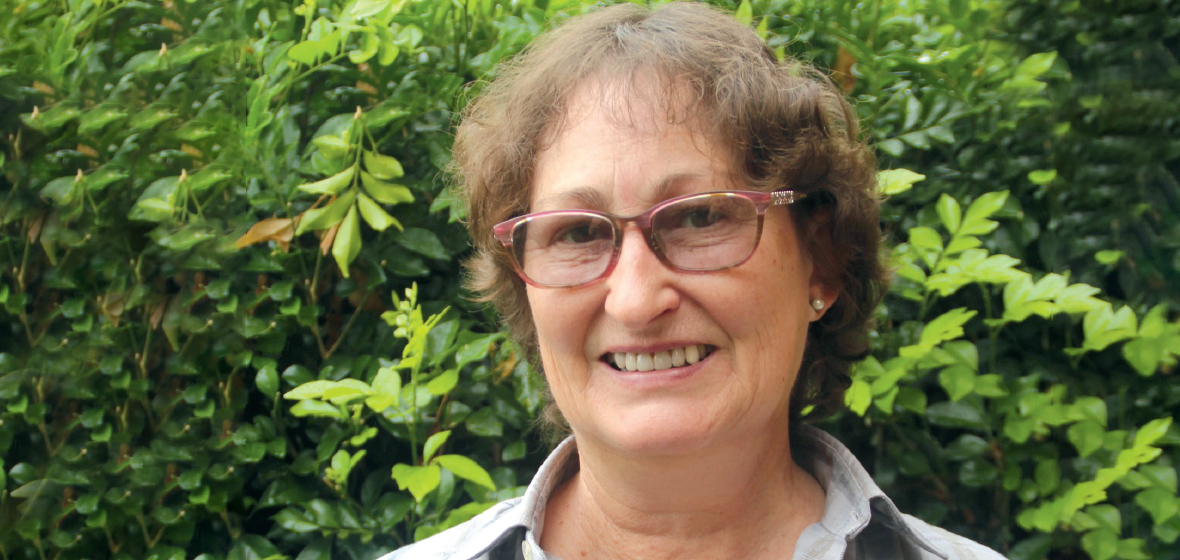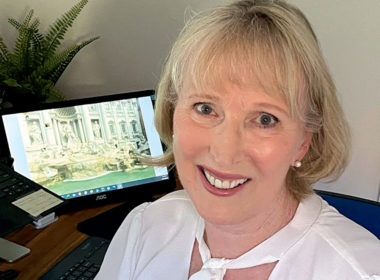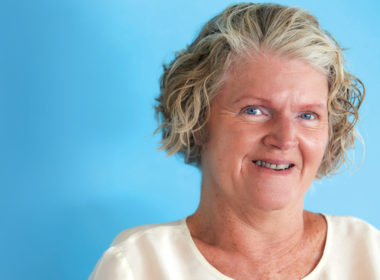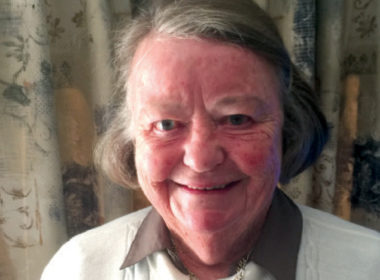Helen Campbell OAM is the Executive Officer of Women’s Legal Service NSW. She is a lawyer with over 20 years’ experience in the community and public sectors. In addition to her legal qualifications, she is a Master of Women’s Studies and holds a Diploma in Frontline Management. Campbell tells us about her career fighting for equality.
Why did you pursue a career in law?
I was highly motivated to make the world a better place. I thought about doing social work because that seemed to be a way of doing good, but my father said to me, “You know if you do law you can change things. If you do social work, you’re only mopping up the mistakes.”
What is the Women’s Legal Service NSW?
The Women’s Legal Service NSW is a statewide specialist legal centre for women. We’re an independent, not-for-profit organisation. We provide free legal advice and representation for women as well as quite an extensive program of community education. We also have a dedicated team of First Nations women for accessibility to Aboriginal and Torres Strait Islander clients. We focus on areas of law that have a particularly gendered impact on women. We are inadequately funded so one of the best ways people can support us is to help with our fundraising activity.
What are the biggest issues women face today?
There’s no doubt COVID-19 has increased the risk of violence and the experience of domestic violence for women. In March 2020, we saw a 30 per cent increase in the number of clients contacting us compared to the same period the previous year. Other organisations we work with also noticed a massive increase in online searching for help services. It indicates that those who cannot talk safely are nonetheless seeking information. There are women out there who are in danger and have not been able to reach out and find safety. We also are seeing an increase in technology-facilitated online stalking and abuse. It has chilling and isolating impacts and is often occurring in association with physical threats and assault. We have been campaigning very hard to get legislative and systemic responses to it.
What do you hope for the future of the legal profession?
If we were super good at what we do, we’d be working ourselves out of a job, wouldn’t we? Ultimately, I would like to see more commitment to making processes more accessible to people without representation. I think we also need to look more broadly at making sure the profession is a safe place for women and other minorities to be able to work.
What has been your biggest career highlight?
In 2011, I was awarded a medal in the Order of Australia for my work at the Redfern Legal Centre. I spent 10 years managing it and I’m proud of the work I did there. It was about being in that community. It was also a time when that community was under enormous threat.
Do you have any advice for lawyers seeking to make an impact in the community?
There’s a lot of roles lawyers can usefully put their skills to in management committees of not-for-profit and community organisations or pro bono opportunities. There’s always an opportunity to assist those who are disadvantaged in their access to the law. I think the legal profession on the whole should be proud, as lawyers do better than most professions in terms of giving their time.




